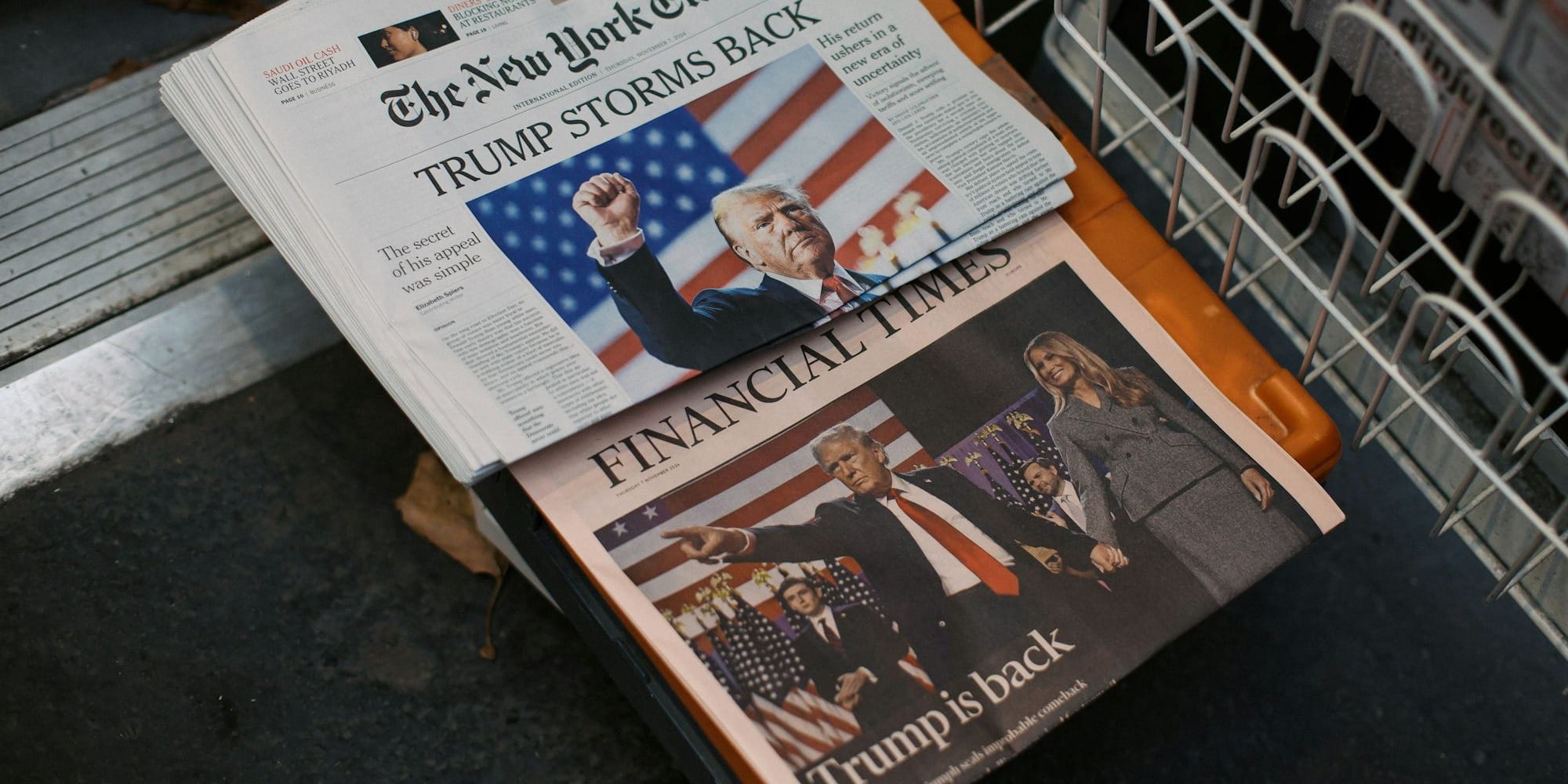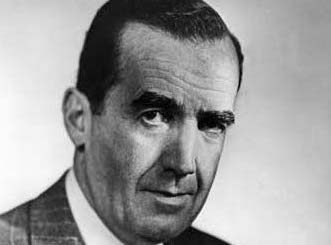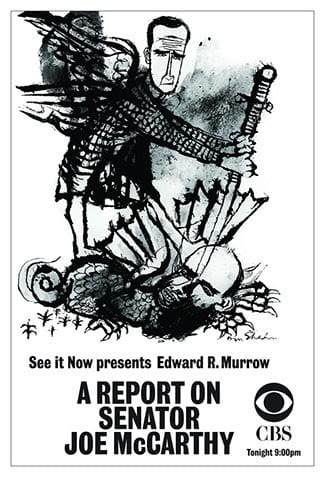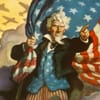Bear witness
Future generations will wonder how it came to this? They might even envision themselves in this moment, nobly on the right side of history. We are here, now. What will you do? History is watching.

Growing up as a kid, there were many nights which ended on the living room couch thumbing through an illustrated children's history book, committing events, dates, and names to memory. It was far more compelling than any fictional story. These people were real and these things actually happened. History is, after all, a collection of stories. Events, of large and small import, which they experienced firsthand. The inflection points on which the trajectories of individuals, communities, nations, and the world ultimately turn.
November 5 was very much one of those moments.
Famed CBS broadcaster Edward R. Murrow was a chronicler of such events. (Truth be told, Murrow was a significant influence that led to two years serving with the high school newspaper and serious consideration to pursue a career in journalism.) He received international acclaim through live, shortwave broadcasts from London during the Blitz. He opened reports with his iconic emphasis, "This is London," and punctuated with the sounds of air raid sirens amid German Luftwaffe raids from the streets of London or his rooftop perch. Londoners, fearing they may not live to see another day, would often take leave with, "Good night and good luck." Murrow adopted it as his signature sign off for the rest of his career.
Murrow was among the first Allied journalists to enter Buchenwald concentration camp in April 1945. Three days later, as he approached the conclusion of his broadcast, Murrow offered these words.
I pray you to believe what I have said about Buchenwald. I have reported what I saw and heard, but only part of it. For most of it I have no words. If I've offended you by this rather mild account of Buchenwald, I'm not in the least sorry.

After the war, Murrow collaborated with producer Fred W. Friendly to release I Can Hear It Now, 1933-1945 documentary boxed set. The first of its kind. The pair launched the radio program, Hear It Now, before a reluctant pivot to television as See It Now. Murrow's heralded confrontation with Joe McCarthy in 1954—a charge of hypocrisy and countercharge of disloyalty; quaint by today's standards—was among the final death knells for the junior senator from Wisconsin. (McCarthy, condemned by the Senate, died three years later.)

Read It Now doesn't have iconic catchphrases to its name but when traditional media outlets acquiesce in advance or social media companies like Twitter/X are captured by a would-be authoritarian leader's allies to manipulate public opinion, the need is ever greater to carve out your own space to detail the world as it is. To stand up and state unequivocally: "This is wrong."
These next few years will provide plenty of opportunities. The reverberations domestically and internationally will extend far beyond. And yet millions of Americans don't understand the dangers, dismiss the warnings, or expect to walk between the raindrops. Maybe the worst of the impacts can be contained or even reversible. And yet even limited damage comes with needless suffering, or worse. When this ultimately all falls apart—and it will, one way or another—the overwhelming desire from elite quarters will be to just move on. It's in the past. We're looking forward.
Not this time.
When the country is left examining the wreckage of this administration and the movement which swept it back into power, those responsible and their enablers will seek to escape accountability on ratlines to the speaker's circuit for lucrative fees or slink off to the Harvard IOP fellows program. History informs us that the odds are in their favor. It is also instructive that the lack of accountability only begets further destructive actions. This past election is an acute example of this failing and we will all suffer as a result.
Youthful innocence often compels confused inquiries, as it did for me, about those who lived through history's most horrific acts. "How did society, how did the people, let it come to this?" Quickly followed by the stout conviction that, of course, I would be on right side of history had I been alive at the time.
Well, you're alive now. At this time. So, too, future generations will ask the same of us.
History is watching.

